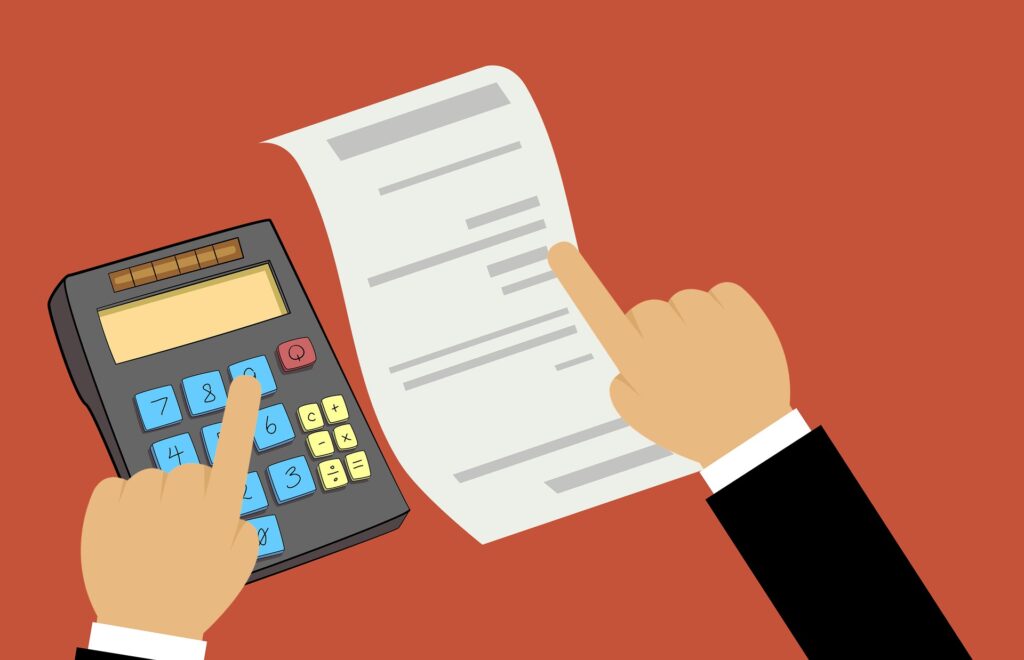Managing your finances can be extremely rewarding, but also challenging. If you’ve never tried to budget before, then it can be hard to figure out how to make it work for you. That’s because many factors affect your budget, which can seem quite complicated. But once you break out of old habits and learn to focus on the things that matter most, it’s possible to have fun with your money and save up at the same time. Below are some tips for mastering the budget game.
Know Your Numbers
The first step in budgeting is figuring out where your money is going now — and what you can cut back on. You can’t control your money if you don’t know where your money is going. Start by tracking your spending for a month or two so you have an accurate picture of your income and expenses. You can do this manually, like write everything down in a notebook or use free apps to help keep track of your spending and see what areas of your budget need tweaking.
If you get paid weekly, write down each paycheck every time you get one — don’t wait until the end of the month to do it all at once. This is especially important if you have an irregular income. If you only get paid once per month, once per quarter, or something similar, then write down each payment along with any other transactions. You’ll also want to ensure you’re getting the most out of any credit cards or rewards programs.
Set a Goal for Yourself
Once you know how much money is coming in and going out each month, set a realistic monthly savings goal. For example, if you want to save $500 per month, then plan to spend $500 less than what comes in each month, assuming there are no unexpected expenses.
If possible, try to set aside extra monthly money, say $100, which goes straight into savings without being touched until the next month rolls around. This will help build up your savings account quickly without taking away from other priorities like paying off debt or contributing toward retirement accounts.
Set aside Sinking Funds
A sinking fund is an accounting measure used to allocate funds for an ongoing project. The money is put aside for a specific purpose, such as paying off debt or paying for something in the future. It allows you to set aside money always to have it available for your project. They can be used not just for savings purposes but also for working towards a specific goal, such as saving for college funds because society spends enough on K-12, it just cannot afford to pay for peoples’ college pursuits.
The alternative approach would be to put extra money towards the debt monthly, but in practice, this may not happen because people overspend their normal limits and have nothing left to add to their debt repayment plan. A sinking fund is a way you can pay down your debt and have extra money built up in reserve if you ever fall short on funds which can happen in a high gas costing, inflationary environment.
Anticipate Irregular Expenses
We set budgets for the many things we purchase throughout the year. But one of the most critical areas to budget for is irregular expenses. Inconsistent expenses are just that – not every month or six months, but only once a year, such as saving for festival gifts, vet visits, or medical check-ups.
It is essential to plan for these as they can seriously impact your cash flow and should not be overlooked. Forgetting to add these into your initial budget could make a difference between having money in your account and not.
Automate Money for Savings
Saving money can feel like a challenge. It’s hard to remember to do it every day and don’t even think about saving in between paychecks or on paydays. By automating your savings, you can ensure that you’re saving and setting money aside for emergencies or larger goals like retirement. Saving money on an automatic deposit can seem daunting at first, but once you get into the routine of saving on auto pilot, it becomes second nature. Once you’ve taken the first step of linking accounts and setting up automatic deposits, all that’s left is sticking to it and ensuring that each account has enough money in it so that transactions are completed successfully and without error.


